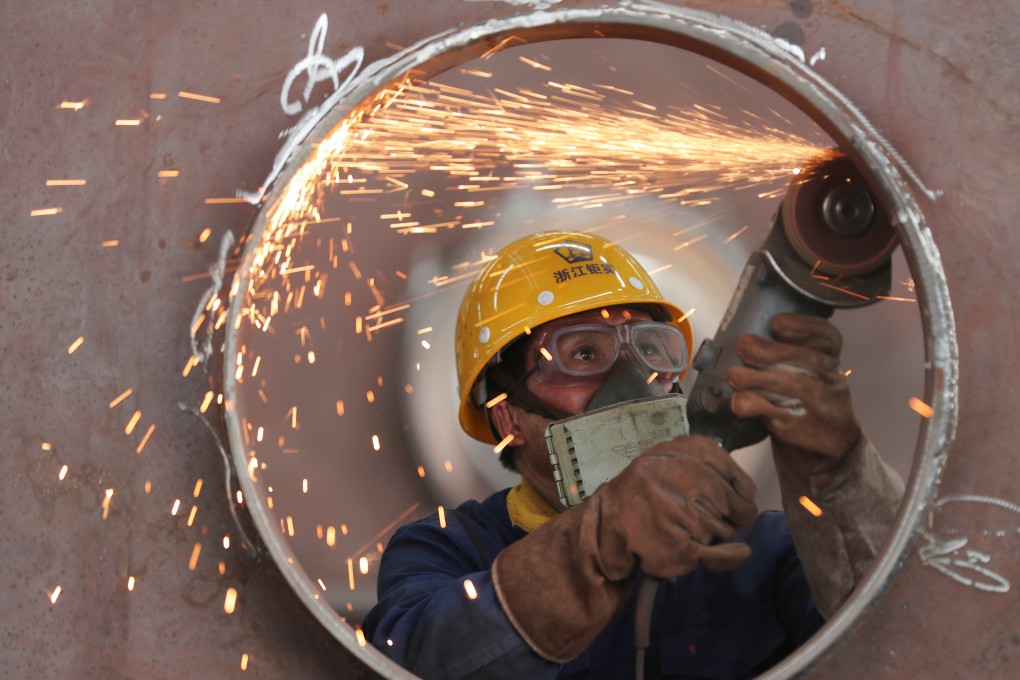US-China relations: American efforts to reshore supply chains blasted as ‘empty talk’ by former minister
- Wei Jianguo, a former vice commerce minister, says the US will become increasingly dependent on China in economic and trade terms in the next five years
- Despite worsening relations in many spheres, China’s trade surplus with the US rose to US$31.78 billion in May from US$28.11 billion the previous month

Washington’s effort to bring manufacturing from China to the US – so called reshoring – is nothing but “empty talk” and the US will become increasingly dependent on the world’s second largest economy for the foreseeable future, according to a top former Chinese economic official.
“After three years of the trade war, China has become more confident, but the US is facing unceasing trouble, while new contradictions have emerged on top of structural issues,” Wei told an online forum held by the Beijing-based think tank China Centre for International Economic Exchanges (CCIEE) last Friday.
“The US will become increasingly dependent on China in economic and trade terms in the next five years,” he added.
China’s trade surplus with the US rose to US$31.78 billion in May from US$28.11 billion the previous month, with imports from the US rising by 40.53 per cent from a year earlier to US$13.11 billion and exports increasing by 20.6 per cent over the same period to US$44.89 billion, according to Chinese customs data.